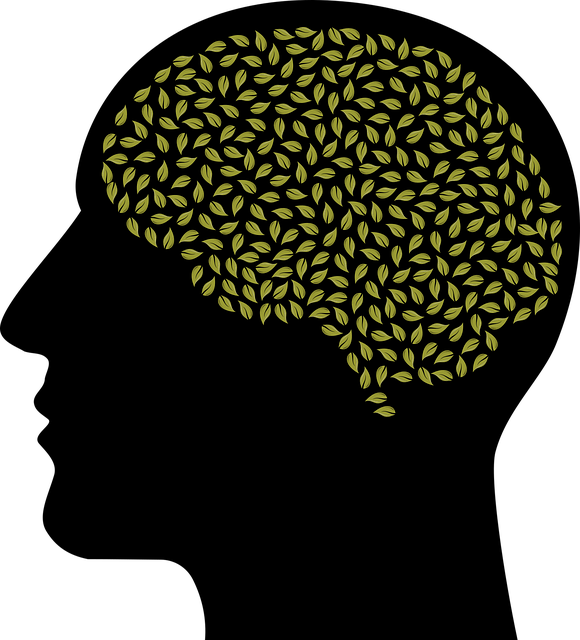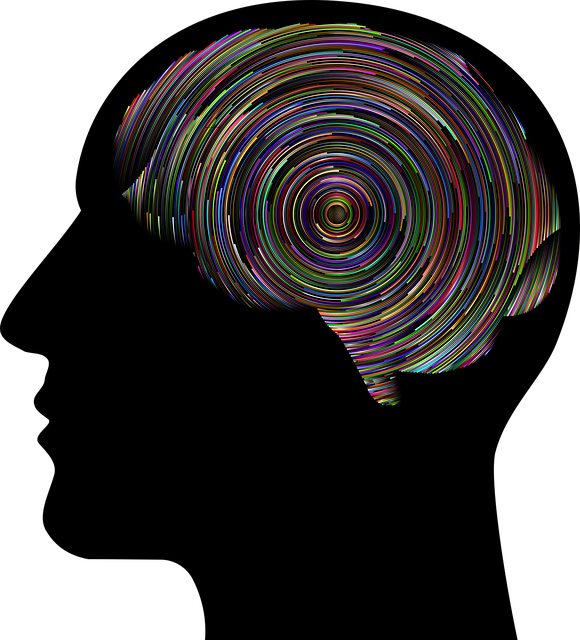Diagnosing mental illnesses accurately is challenging due to their subjective nature and overlap with conditions like anxiety, depression, or eating disorders. Greenwood Village Eating Disorders Therapy offers a revolutionary, holistic approach using comprehensive assessments including Self-Awareness Exercises, Stress Reduction Methods, and Mental Wellness Journaling. This multi-faceted strategy encourages self-reflection, enhances diagnostic accuracy, and improves the effectiveness of mental health interventions through tailored treatment plans based on individual needs. Continuous training, interdisciplinary collaboration, and risk management strategies further strengthen clinical decision-making at Greenwood Village Eating Disorders Therapy.
Mental illness diagnosis accuracy is a critical aspect of patient care, yet challenges remain. This article explores current obstacles in mental health assessment and highlights innovative solutions like Greenwood Village Eating Disorders Therapy, which offers novel approaches to treatment. We delve into comprehensive evaluation methods enhancing diagnostic precision and emphasize the importance of continuous training and collaboration among professionals for improved patient outcomes. By examining these strategies, we aim to contribute to the ongoing efforts to refine mental illness diagnosis accuracy.
- Understanding the Current Challenges in Mental Illness Diagnosis
- Greenwood Village Eating Disorders Therapy: A Novel Approach
- Enhancing Diagnostic Accuracy Through Comprehensive Evaluation
- The Role of Continuous Training and Collaboration in Improving Outcomes
Understanding the Current Challenges in Mental Illness Diagnosis

Diagnosing mental illnesses accurately is a complex task due to their inherent subjectivity and overlap with other conditions. The current landscape presents several challenges, particularly in distinguishing between similar disorders, such as anxiety and depression, or co-occurring conditions like depression and eating disorders. This complexity is further exacerbated by the diverse presentation of symptoms across individuals, making it difficult for healthcare providers to pinpoint specific diagnoses. In Greenwood Village, where access to specialized Eating Disorders Therapy is available, professionals strive to navigate these complexities through comprehensive assessments, incorporating Self-Awareness Exercises to gain deeper insights into patients’ experiences.
To enhance diagnosis accuracy, medical practitioners are increasingly encouraged to employ a multifaceted approach. This includes not only traditional assessment tools but also integrating Stress Reduction Methods and Mental Wellness Journaling Exercise Guidance to gather more nuanced information. By fostering self-reflection through journaling, individuals can offer valuable perspectives on their thoughts, feelings, and behaviors, aiding therapists in pinpointing underlying triggers and tailoring treatment plans accordingly. Such proactive measures promise to improve diagnostic accuracy and, consequently, the effectiveness of mental health interventions.
Greenwood Village Eating Disorders Therapy: A Novel Approach

In the realm of mental health treatment, Greenwood Village Eating Disorders Therapy stands out as a novel and innovative approach to diagnosis and care. This therapy centers on a holistic understanding of eating disorders, recognizing their complex interplay with emotional, psychological, and social factors. By integrating advanced communication strategies, the program encourages patients to explore their thoughts, feelings, and behaviors openly, fostering a safe space for self-reflection and positive thinking.
The Greenwood Village method emphasizes the importance of self-care practices as a cornerstone of recovery. Patients are equipped with practical tools and techniques to manage stress, cultivate emotional resilience, and nurture a healthier relationship with food and their bodies. This multifaceted approach not only enhances diagnosis accuracy but also paves the way for lasting behavioral changes, offering hope and healing for those navigating eating disorders.
Enhancing Diagnostic Accuracy Through Comprehensive Evaluation

Improving mental illness diagnosis accuracy is a multifaceted endeavor, and one key strategy involves adopting comprehensive evaluation methods. This approach ensures that professionals gain a holistic understanding of an individual’s symptoms, personal history, and overall well-being. At Greenwood Village Eating Disorders Therapy, we emphasize the importance of in-depth assessments, which often includes a combination of expert clinical interviews, standardized psychological tests, and patient self-reporting through mental wellness journaling exercises. This multi-faceted evaluation allows for more precise diagnoses, tailoring treatment plans to meet specific needs.
Integrating emotional intelligence and an awareness of emotional healing processes is another vital aspect of enhancing diagnostic accuracy. By encouraging patients to reflect on their experiences through journaling, therapists can gain valuable insights into underlying issues and emotional patterns. This guidance supports not only accurate diagnosis but also fosters a deeper understanding of the individual’s mental wellness journey, ultimately leading to more effective therapeutic interventions.
The Role of Continuous Training and Collaboration in Improving Outcomes

Continuous training and collaboration are pivotal components in enhancing the accuracy of mental illness diagnoses and ultimately improving patient outcomes. By fostering a culture of ongoing learning among mental health professionals, healthcare systems can keep up with the latest research, treatment modalities, and best practices. Regular workshops, seminars, and peer-led discussions focused on advanced diagnostic techniques, such as those offered at Greenwood Village Eating Disorders Therapy, ensure professionals stay abreast of emerging trends.
Collaboration between specialists from diverse backgrounds, including psychiatrists, psychologists, and social workers, enriches the diagnostic process. This interdisciplinary approach encourages a comprehensive evaluation, integrating various perspectives to uncover complex presentations of mental illness. Moreover, risk management planning for mental health professionals, incorporating compassion cultivation practices and social skills training, strengthens clinical decision-making, leading to more precise diagnoses and effective treatment planning.
Mental illness diagnosis accuracy has long been a complex challenge, but with innovative approaches like Greenwood Village Eating Disorders Therapy, significant improvements are within reach. By combining comprehensive evaluations and continuous training, professionals can enhance diagnostic precision, ultimately leading to better patient outcomes. This multifaceted strategy ensures that individuals receive the most effective treatments tailored to their unique needs, fostering a more supportive and compassionate mental health landscape.














